Cart is empty!
Please add some product!
Shopping cart
Cart is empty!
Please add some product!
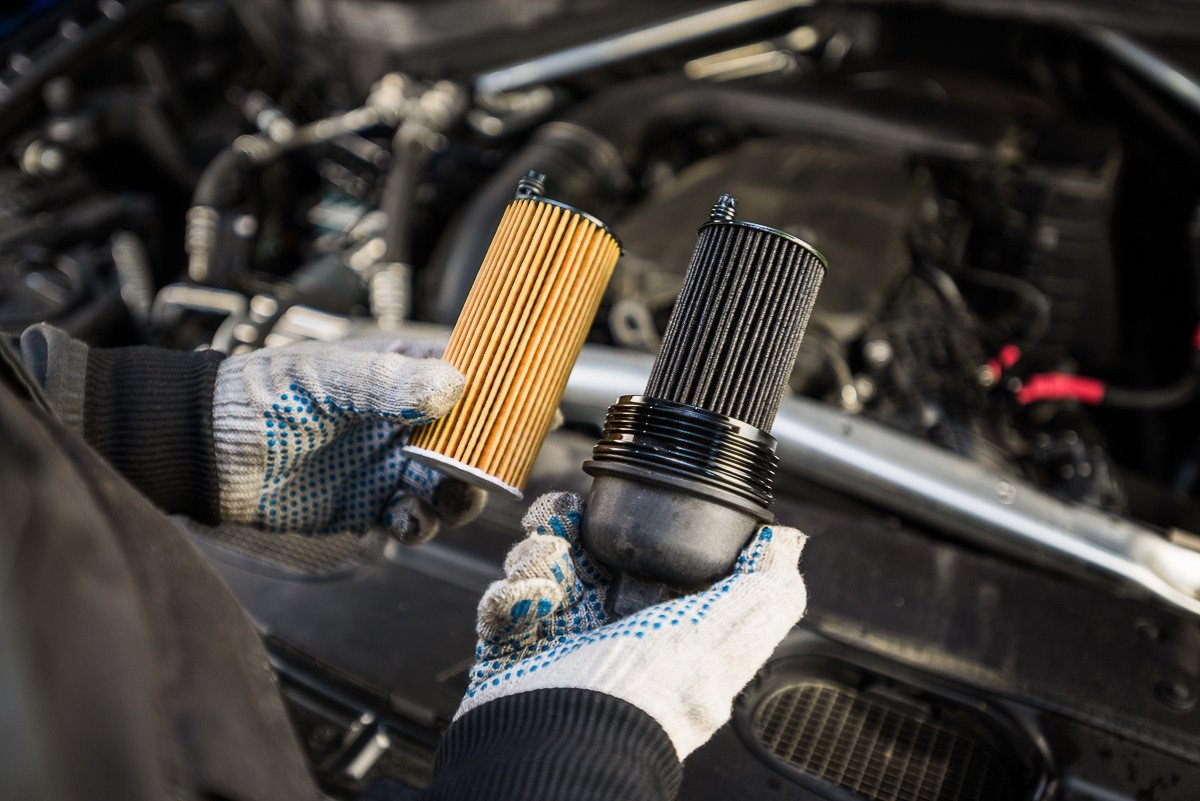
Proper oil filter replacement is crucial for your vehicle’s engine health. Even minor mistakes during this process can lead to significant problems, like reduced performance, oil leaks, or even severe engine damage. Whether you’re a seasoned DIY mechanic or a first-time car owner, avoiding these common mistakes will ensure your engine runs smoothly and efficiently.
In this guide, we’ll walk you through the top mistakes people make when changing their oil filters and provide practical tips to avoid them.
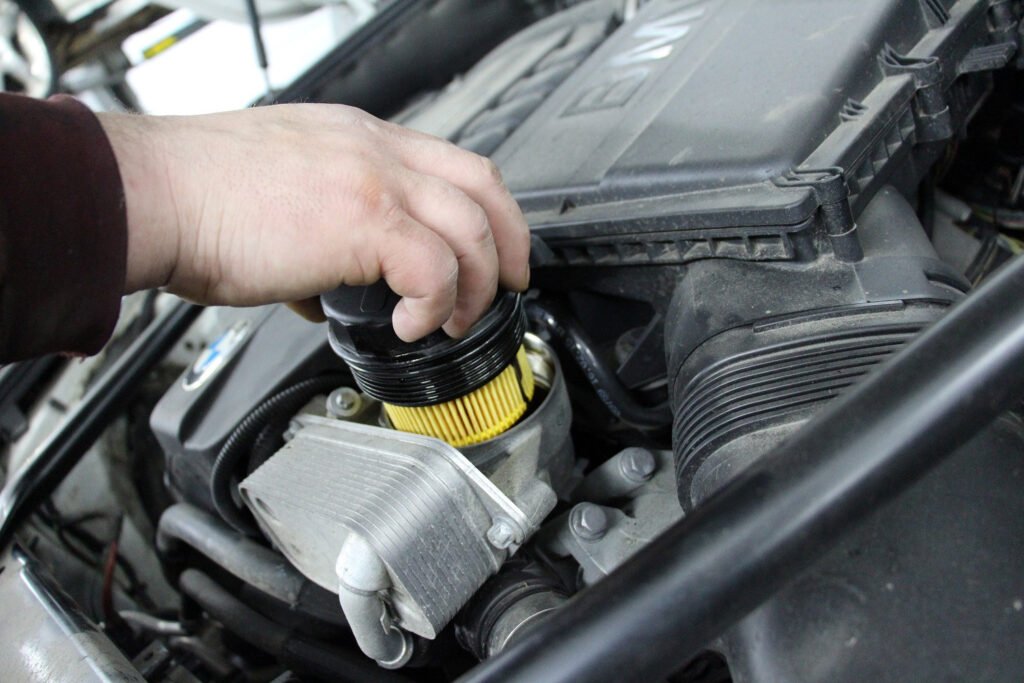
One of the most common errors is using an oil filter that doesn’t match your vehicle’s specifications. Filters vary in size, shape, and filtration capability, and choosing the wrong one can lead to oil leaks and reduced protection for your engine.
How to Avoid This Mistake:
Impact: Using the wrong filter can prevent proper lubricant flow, leading to increased engine wear.
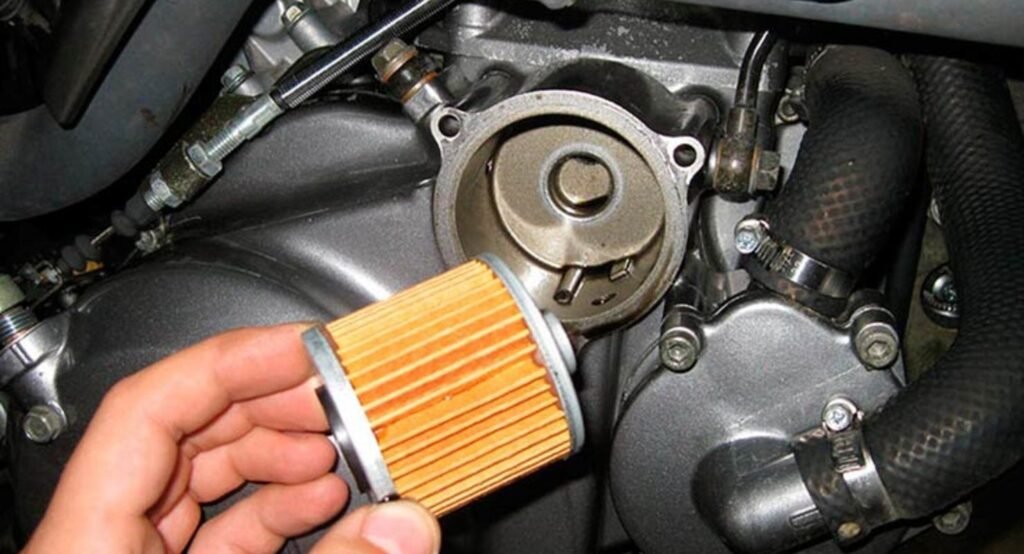
Every oil filter comes with a rubber gasket that ensures a tight seal between the filter and the engine. Skipping this crucial check can lead to leaks, as old gaskets may remain stuck on the engine block or new ones may not be seated correctly.
How to Avoid This Mistake:
Impact: A poor seal can cause oil to leak out, risking engine damage and inefficient performance.
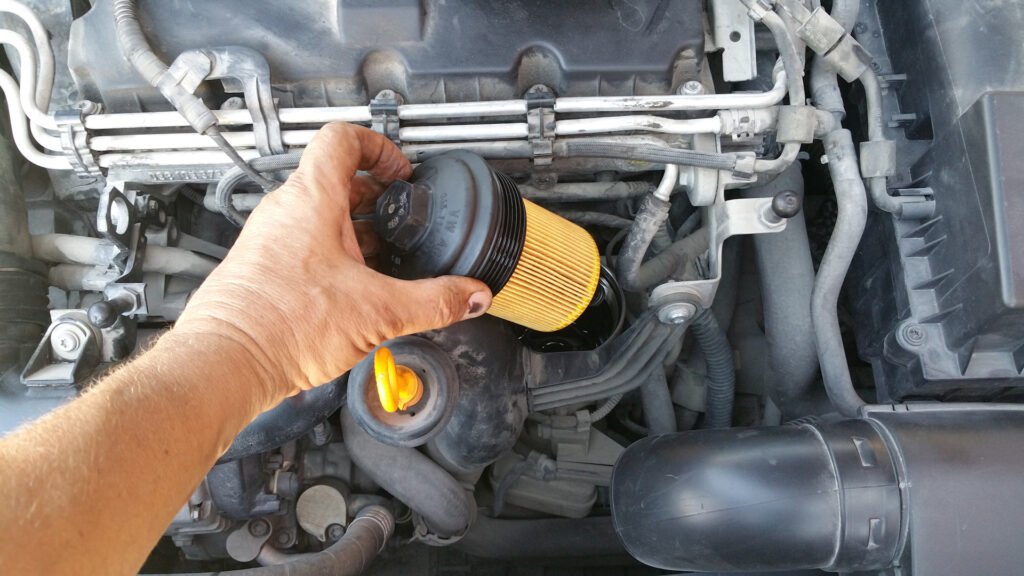
Many DIYers believe that the tighter the oil filter, the better. However, over-tightening can damage the filter housing and crush the gasket, leading to leaks or making the filter extremely difficult to remove next time.
How to Avoid This Mistake:
Impact: Over-tightening can result in gasket damage and make future filter changes challenging.
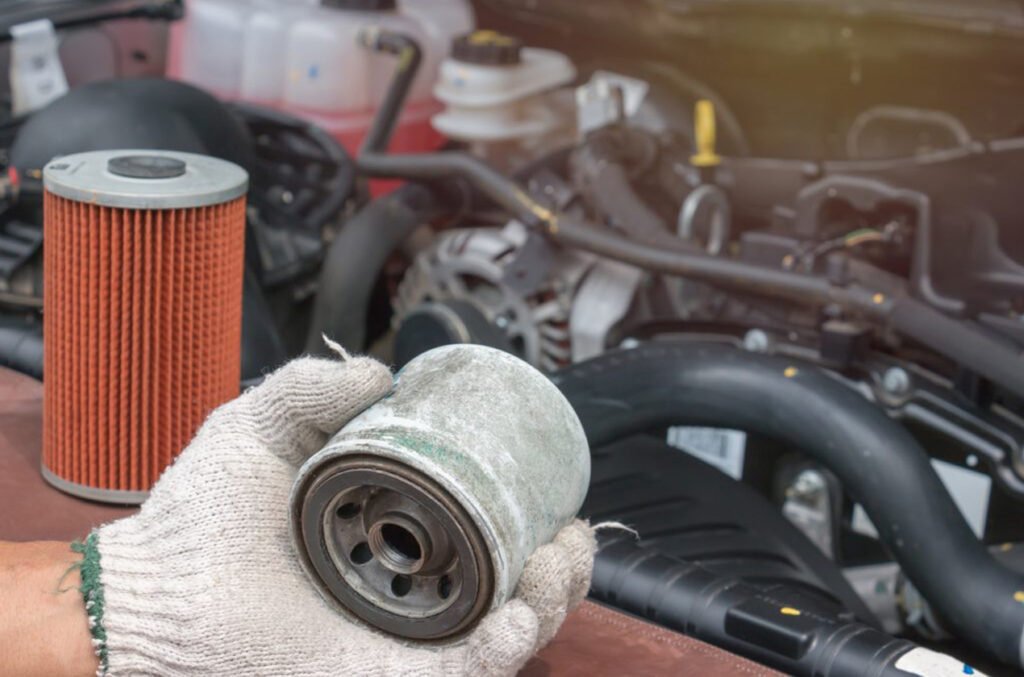
For certain types of oil filters, especially those installed horizontally or under the engine, priming the filter (filling it with a bit of fresh oil) can prevent engine wear during initial startup. Skipping this step might leave your engine temporarily without lubrication.
How to Avoid This Mistake:
Impact: Unprimed filters can cause a delay in oil circulation, increasing friction and wear on engine components.
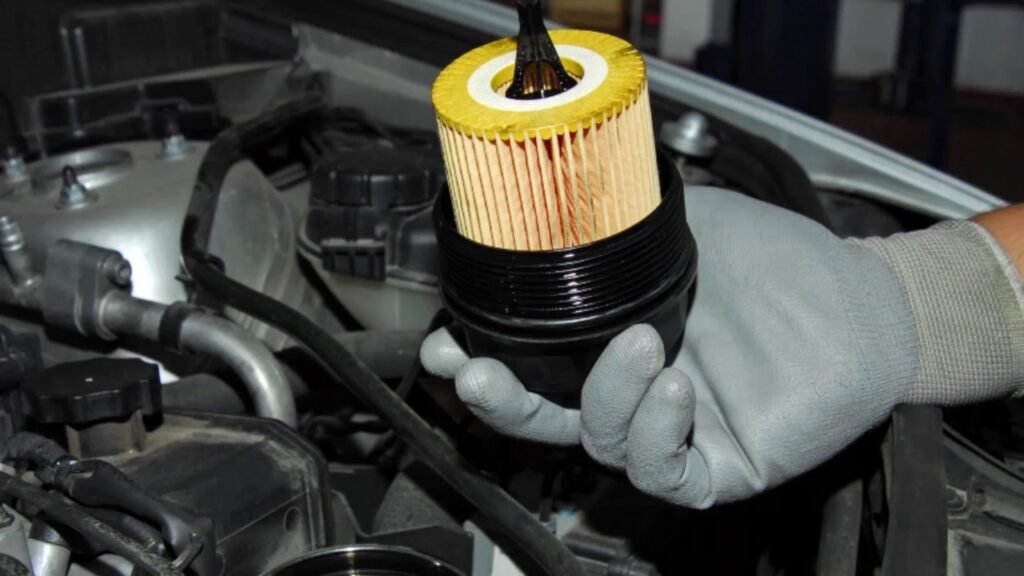
Many car owners forget to replace their oil filters on time, believing that the engine oil alone is sufficient. An old, clogged filter cannot effectively trap contaminants, allowing debris to circulate through the engine.
How to Avoid This Mistake:
Impact: Neglecting timely replacement can lead to a clogged filter, reduced engine efficiency, and potential long-term damage.
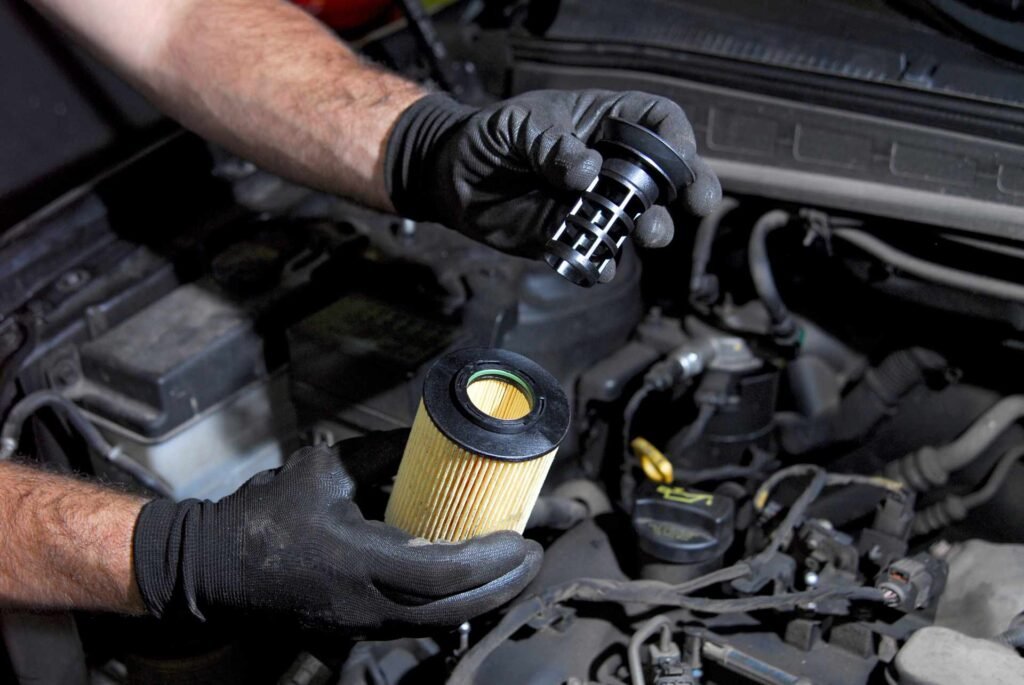
Cutting costs by buying cheap, low-quality oil filters may seem tempting, but it’s a mistake that can compromise your engine’s health. Inferior filters may not provide adequate filtration efficiency, allowing contaminants to pass through.
How to Avoid This Mistake:
Impact: Low-quality filters can reduce your engine’s lifespan and lead to costly repairs.
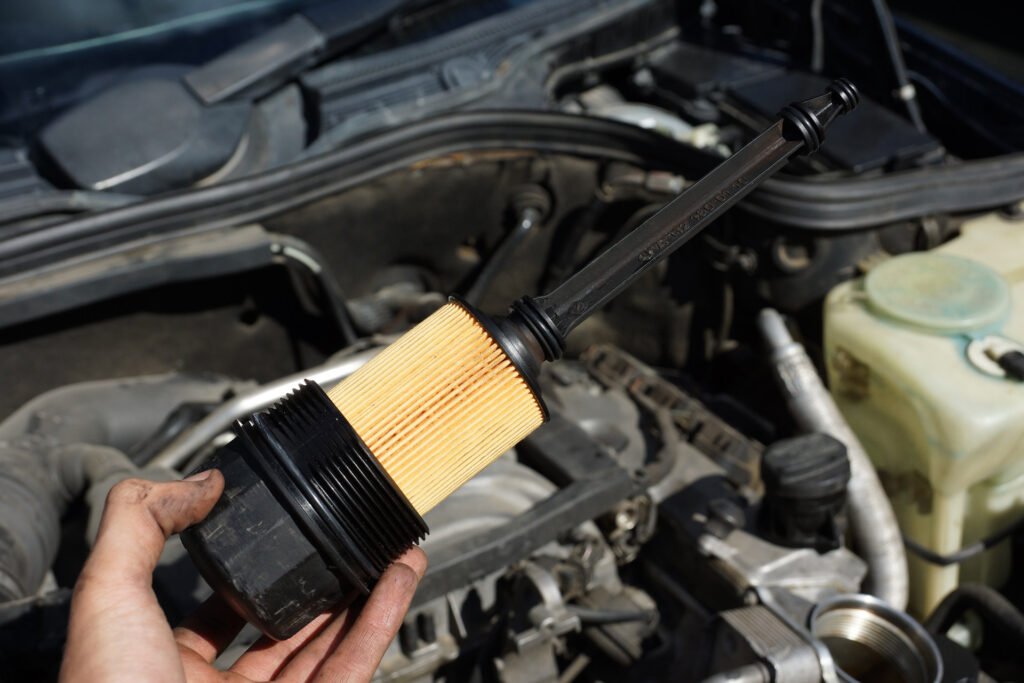
When replacing the oil filter, many people forget to clean the area where the filter attaches. Dirt and grime can prevent a proper seal, causing leaks and contamination.
How to Avoid This Mistake:
Impact: A dirty housing can affect the oil filter seal, leading to leaks and potential engine damage.
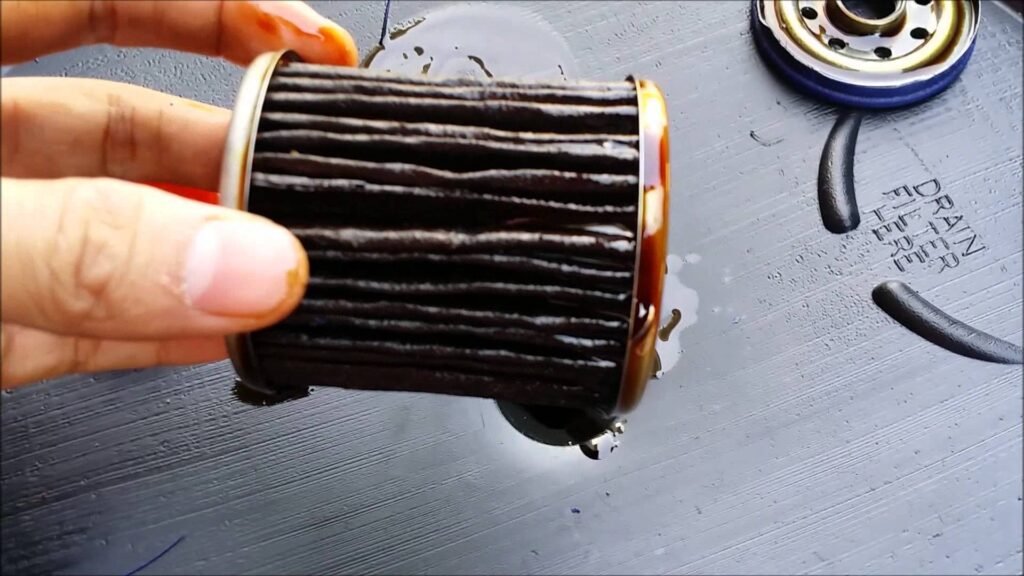
Some people try to save money or time by reusing an old oil filter. However, oil filters are designed for single use and lose their effectiveness over time.
How to Avoid This Mistake:
Impact: Reusing a filter compromises your engine’s protection, exposing it to harmful contaminants.
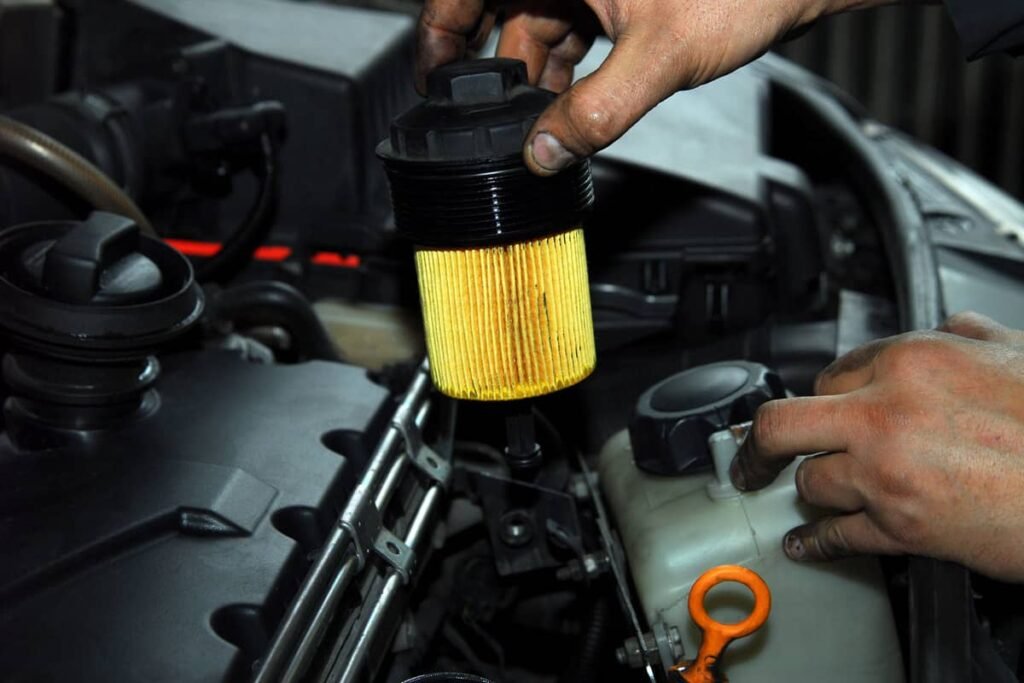
Environmental responsibility is crucial. Improper disposal of used oil and filters can harm the environment and result in fines.
How to Avoid This Mistake:
Impact: Proper disposal ensures you’re protecting the environment and complying with local regulations.
One final mistake is not checking for leaks after installing a new oil filter. Even if you think you did everything right, there’s always a chance something could have gone wrong.
How to Avoid This Mistake:
Impact: Early detection of leaks prevents serious engine issues and keeps your vehicle running smoothly.
Replacing your oil filter may seem like a simple task, but it’s easy to make mistakes that could harm your vehicle. By avoiding these common errors and following best practices, you can ensure your engine remains protected and performs efficiently. Always prioritize quality, follow your vehicle’s guidelines, and take the time to double-check your work.
Comments are closed